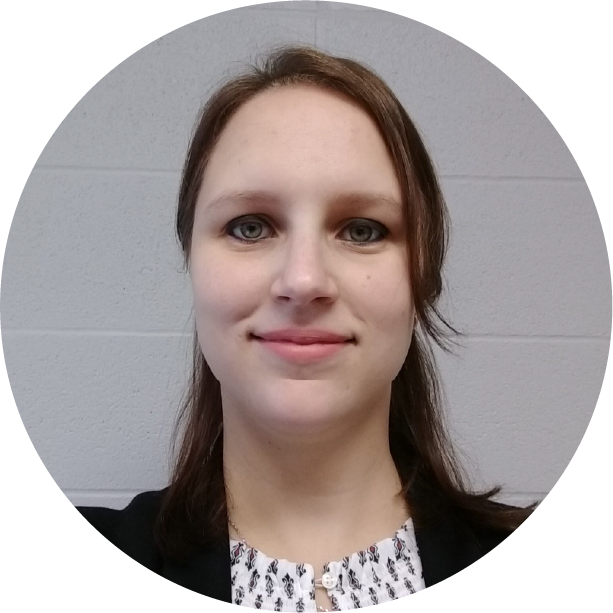
Mélissa Bernard is a member of the Board of Directors since CUFFS’ incorporation in August 2020. She co-founded CUFFS in 2018, co-directed its first conference held at the University of Toronto Mississauga in 2019 and was a member of the entirely virtual conference held in 2021.
She is presently an anthropology college teacher, a coroner’s assistant at the Montreal Coroner’s Office, as well as a doctoral student and researcher in biological anthropology at the University of Montreal. Her current research seeks to improve age-at-death estimation of skeletal human remains through use of different technology.
Her interest for forensic anthropology started as a passion for thanatology and human anatomy, which led her to study health sciences and applied thanatology in college where she first observed the different impacts of decomposition on the human body. She then went on to pursue an Honours Bachelor of Sciences in Forensic Sciences, with a specialization in forensic anthropology at the University of Toronto Mississauga. Her thesis evaluated alkaline hydrolysis, a technique to dispose of biological remains, as a potential method to prepare skeletal remains for analysis in a death investigation context.
She continued her education in Toronto with a Master of Sciences in Evolutionary Anthropology, also specialized in forensic anthropology. Her thesis looked at bone microstructure and consisted of performing elemental analyses using a SEM/EDX to estimate age-at-death of elderly females. During her Master’s, she had the privilege of working in collaboration with chemistry technicians at the Centre of Forensic Sciences in Toronto, mentoring a bachelor student in her research on the impact of shallow burial on bone diagenesis, as well as support a doctoral student with her photogrammetric data collection using the skeletal collection at the University of Nagasaki, Japan.
Although now focusing on biological anthropology, she continues to stay involved in the forensic community through outreach, conferences, and her work at the Montreal Coroner’s Office. Her research interests in thanatology (evolution of death and funerary practices), taphonomy (decomposition processes and its effects on bone diagenesis), and osteology (bone ageing and microstructure), were conducive to many presentations in Canada and USA.
